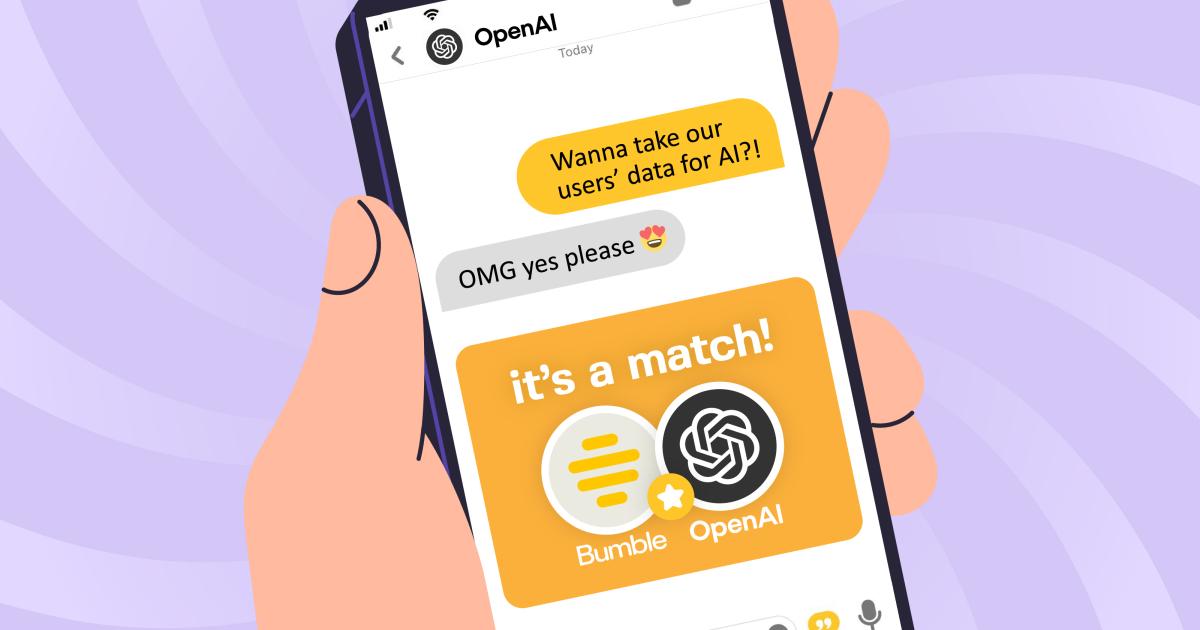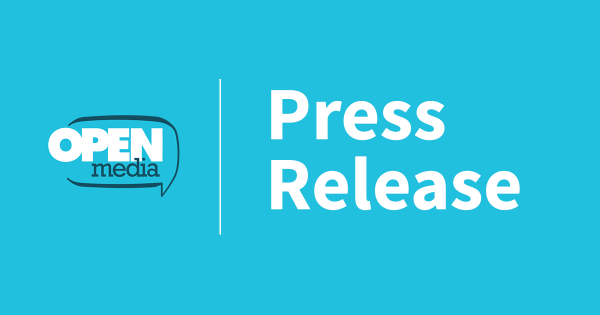

Can you elaborate on buying monero at an exchange and then transferring it out? Do you mean that OP should
- make a local wallet
- make an account on a popular exchange
- buy cryptocurrency on the exchange
- transfer it to their local wallet
And would it be accurate to say that a local wallet can be maintained without a lot of system power, and can run on open source software? I assume that because any transfers that are sent to or from the wallet, are basically synchronized in the Blockchain, so there’s not a lot of data that needs to be stored on the user’s side.












Nothing makes me tune out of a conversation faster than if someone injects a ChatGPT response into it.
That’s bad enough, but now Apple wants to create a total surveillance device that not only listens to everything we say and uploads into their cloud, but also spits up random nonsense at random times?